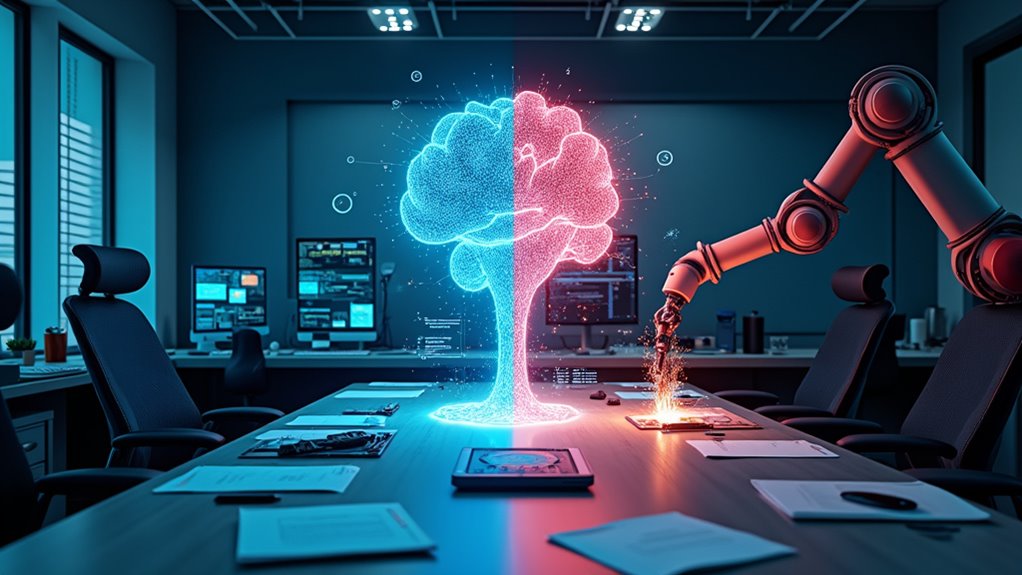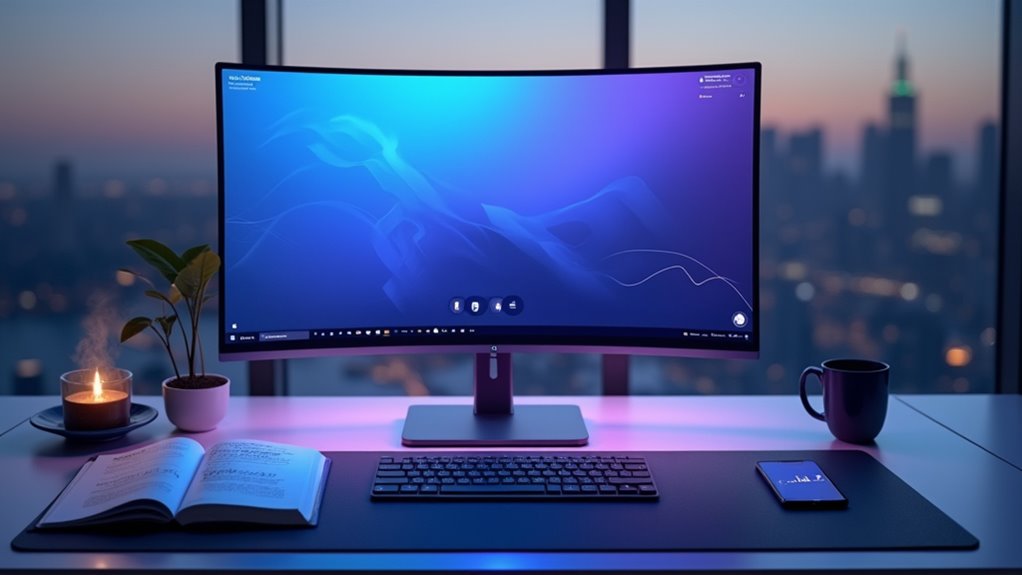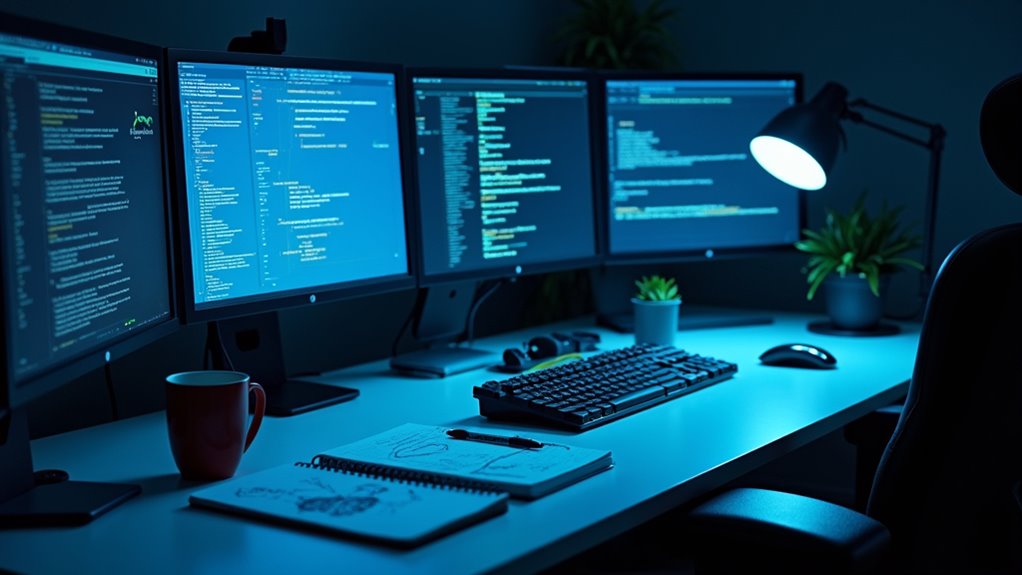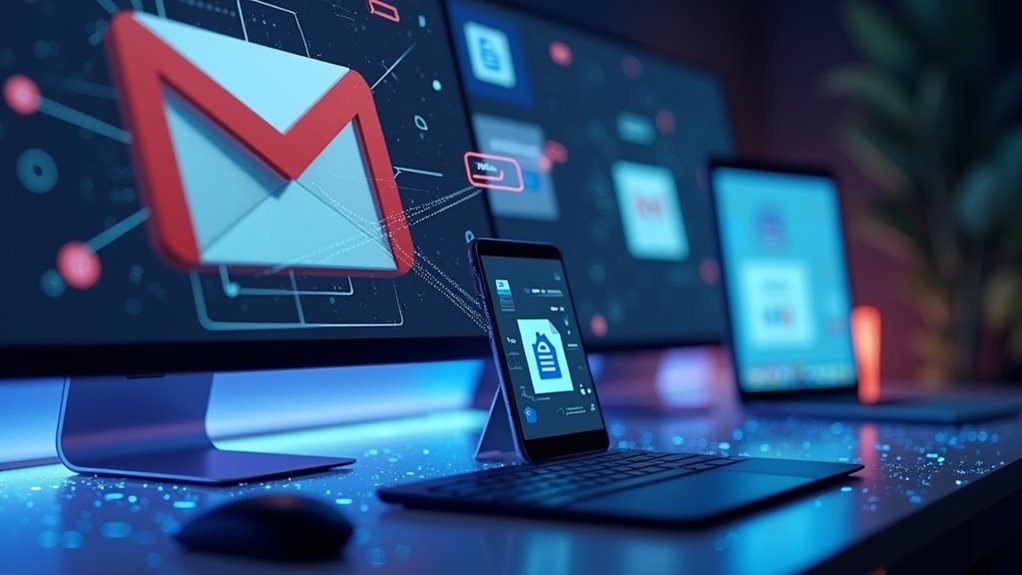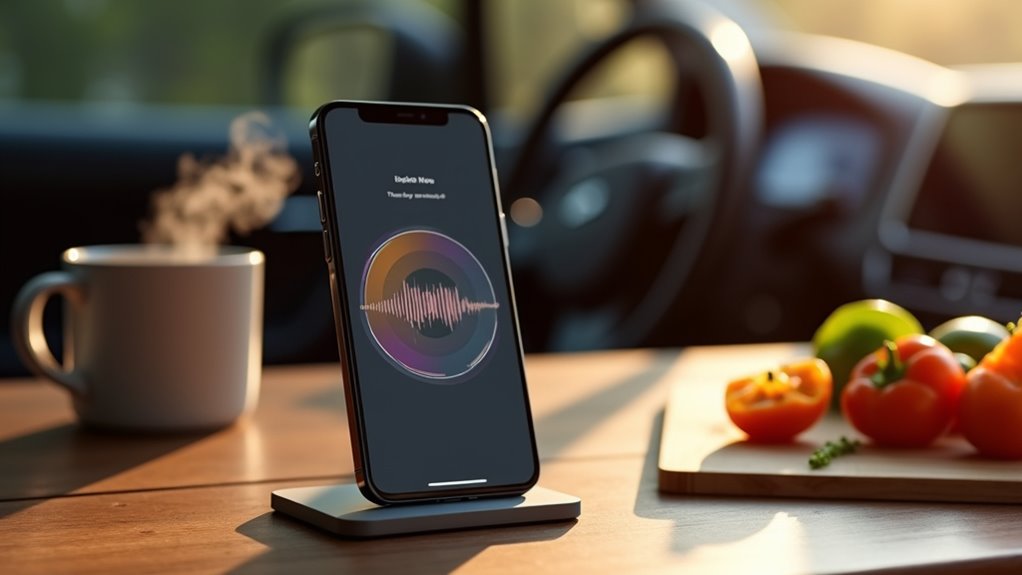AI at work is either your new super-productive sidekick or the tech equivalent of juggling chainsaws—depends on who’s asking. Sure, AI can boost productivity by up to 40%—think fewer spreadsheets, more problem-solving, maybe fewer late-night “urgent” emails. But let’s not kid ourselves: poor integration risks digital overload and culture chaos. Even Fortune 500 bosses waffle between giddy excitement and existential dread. Is AI the hero or the villain? Stick around; the plot’s just getting juicy.
Even if you’ve somehow managed to dodge every headline about artificial intelligence this year, the memo is clear: AI isn’t just coming for your spreadsheets—it’s already at your desk, probably judging your font choices.
The numbers scream optimism: AI could pump $4.4 trillion into global productivity, says the latest research. That’s not just pocket change—it’s enough to make even Fortune 500 CEOs sweat with anticipation (or existential dread). AI’s influence on scientific achievements is increasingly acknowledged, with two Nobel Prizes recently awarded for advances in deep learning and protein folding, showing just how far-reaching its impact has become.
Take a closer look: PwC suggests employee productivity might skyrocket by up to 40% by 2035. That’s not just about robots doing boring stuff. It’s AI narrowing skill gaps, automating repetitive tasks, and letting humans focus on what they’re supposed to be best at—creativity, complex problem-solving, and, apparently, finding the best Slack emoji.
AI isn’t just automating the dull stuff—it’s freeing us up for creativity, big ideas, and maybe even better Slack banter.
Generative AI is already saving workers time—2.2 hours a week, on average. If you’re a power user? You could be clawing back four hours or more. Sure, that’s not quite a three-day weekend, but it’s enough to finally clean out your email backlog. Or not.
And as companies shift to hybrid work, AI is the glue holding together productivity across kitchen tables, coffee shops, and whatever passes for a home office these days. Only 1% of leaders consider their companies “mature” in AI deployment, which means most organizations are still scrambling to set ambitious goals and avoid falling behind.
But before you crown AI the workplace hero, remember: 64% of businesses expect productivity to rise, but expectations and reality don’t always match. Poor integration leads to digital overload and, ironically, less focus.
Productivity is no longer about clocking hours but about when, where, and how people work best—a metric apparently invented by someone who’s never answered a work email at 11 p.m.
Bullet points for the skeptics:
- 58% of employees will use AI by 2025
- Remote workers report shorter days and more focus
- AI is transforming everything from banking to manufacturing
